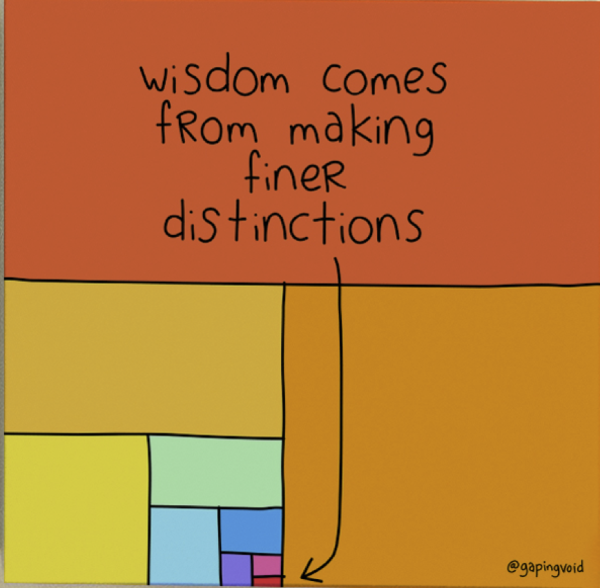I recently shot a podcast with Mike Koenigs about taking your ideas and transforming them not just into products but into platforms. It was also featured on Forbes.
Many of the most valuable companies (like Tesla, Apple, and Amazon) leverage platforms to scale past their initial products and create profitable ecosystems.
The video is 50+ minutes – but covers the topic in great depth, and Mike adds a lot of significant distinctions. I think you will like it.
Since recording this podcast, I've continued to make finer distinctions.

One such distinction, to help businesses plan around new technologies, was to ask two key questions.
- What technologies that already exist are going to impact your industry the most in the next 3-5 years?
- What technologies that you expect to exist are going to impact your industry the most in the next 5-10 years?
I ask these questions because adopting new technologies doesn't mean you have to invent something new. It can mean capitalizing on existing technologies and finding new ways to use them. Understanding what is "likely" lets you lean in the right direction and helps you visualize the most likely paths forward.
This helps you figure out where to spend focus, time, energy, and other resources. Remember, it is easier to follow and leverage a trend, rather than to fight it.
Since the beginning of time, humans have been confronted with disruptive new technologies. While technologies continue to change, human nature has remained relatively stable. As a result, predicting human nature is often easier than predicting technology.
So, rather than trying to predict what technologies will win, you can focus on which needs and capabilities are most likely to attract attention and resources. Innovation and technology will follow to satisfy the desire.
Knowing that, the question is what can you build that leverages your unique abilities and the likely path of your chosen market.
It sounds simple, but it's a powerful distinction and potential differentiator between you and your competitors.

Leave a Reply